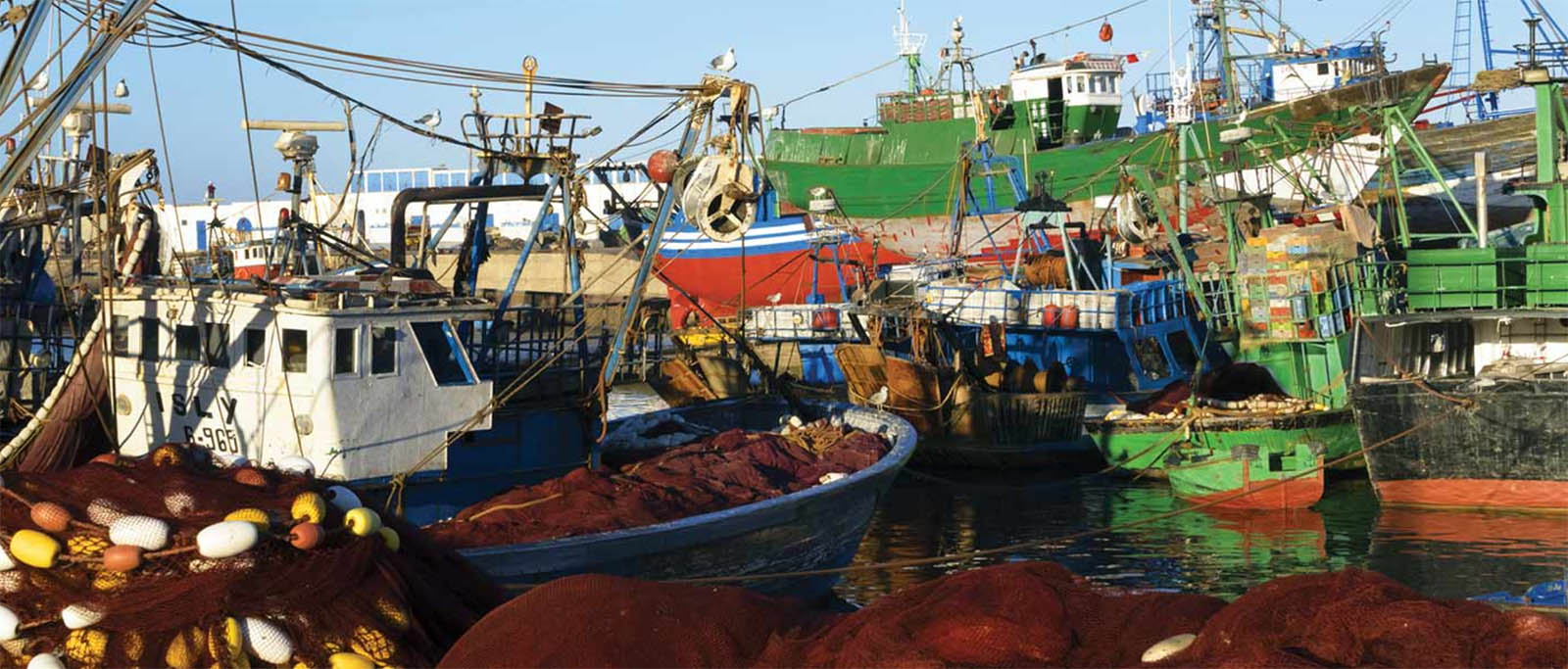Illegal and Unregulated Fishing

Although Varuna is a work of fiction and set halfway around the world, illegal and unregulated fishing, the crime at the heart of the book’s action, is a very real and serious global problem which directly affects all Americans.






Fishing is one of the most unregulated commercial sectors
Fisheries provide a critical source of animal protein for over three billion people globally. The commercial value of fish caught annually exceeds $100 billion. However, since fishing is among the most unregulated commercial sectors in the world, it is estimated that one in five fish are caught illegally, amounting to a loss of over $23 billion per year to legitimate fishing communities. Unsustainable fishing of key species is dangerously overexploiting worldwide fish stocks with drastic consequences for the planet. It is estimated that over 90% of consumable fish species are overexploited, and many critical fisheries are at the brink of collapse.
Over 50 million people, mostly local fishermen living in coastal communities, depend upon ocean fishing as their sole source of income and livelihood. However, access to their local fisheries is being increasingly hindered by industrial fleets, often operating illegally, who target areas that are otherwise reserved for small scale fishers and their communities. These illegal, pirate fishing fleets who plunder unprotected waters are also often associated with drug trafficking, arms smuggling, and modern-day slavery.
Pirate fishing fleets sometimes operate huge “mother ships”
Pirate fishing fleets sometimes operate huge “mother ships,” often referred to as ramassuers, which can carry or tow over 40 smaller fishing boats (called pangas or pirogues). These mother ships can stay in international waters and send the pirogues to raid local unprotected waters. The pirogues then bring their illegal catch back to the mother ship for processing and shipment to foreign markets. This activity skews scientific stock assessments, undermines law-abiding fishers, and deceives consumers who trust that the fish they purchased was caught legally. Allowing illegal fishing to continue could have dire consequences for the health of the oceans, and for all whose livelihoods depend on it.
We have the power to change things
The individuals with the organizations and governments battling this scourge are the true heroes of this story. However, we as consumers also have the power to change the unsustainable and disastrous course we are on with how we decide to spend our dollars. It takes a little more time and effort, but it can make a difference.
Before purchasing fish, whether at the market or in a restaurant, ask the question: Do you serve sustainable seafood? Let them know it is important to you and that it informs your choice of where you shop and what you eat. Go to Seafood Watch www.seafoodwatch.org for the most comprehensive guidelines available for sustainable seafood choices.
Check out these websites to learn what’s being done:
Food and Agriculture Organization of the UN
Green Peace
The Nature Conservancy
World Wildlife Fund
Sea Shepherd
The Pew Charitable Trusts
Surfrider Foundation
The Wilderness Society
Exulans
WildAid